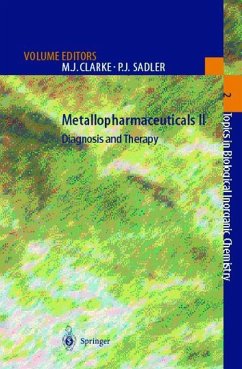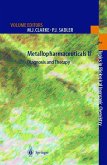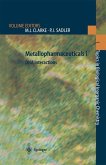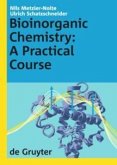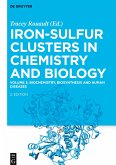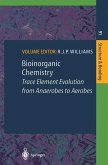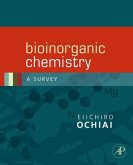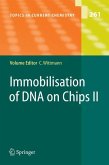Biological inorganic chemistry is a field of research at the interface of inorganic and biological chemistry. The rapidly developing insights into the role of metals in biological systems has far-reaching implications not only for biological science but also for related disciplines, ranging from molecular medicine to the environment. In each volume the reader, whether engaged in chemistry, biochemistry, biology or molecular medicine, receives a comprehensive summary and critical overview of a topic of hight current interest written by leading international experts. Inorganic compounds offer much scope for the design of novel and therapeutic agents. The widespread use of paramagnetic metal complexes as effective contrast agents for magentic resonsance imaging (e.g. Gd) demonstrates that the toxicity of metals can be finely controlled via the approriate choice of ligands. The succcessful targeting of radioisotopes again depends on ligand design and metal oxidation state. Bismuth and gold complexes have long been used in medicine but only recently have advances been made in understanding the molecular basis of their mechanism of action. New areas with clinical potential include the use of polyoxometallates and fullerenes as antiviral agents and vanadium complexes as insulin mimetics.

